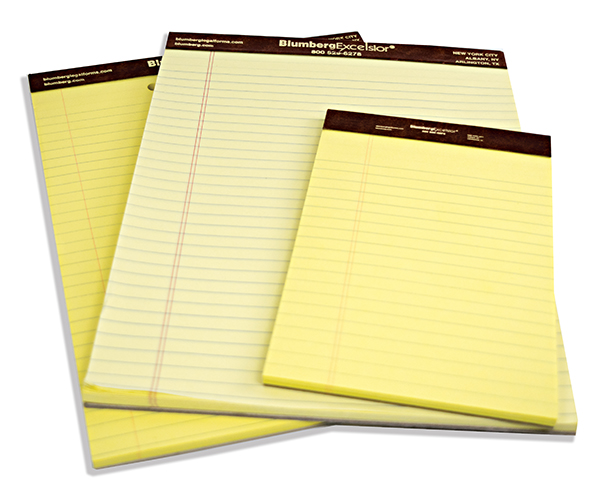
Well, it isn’t often (read: never) that personal injury law runs headlong into copyright. But here we are.
As many people know, when you sue somebody over a broken body part the defendant gets to have that body part examined by one of their own doctors. This is known as a defense medical exam, or medical-legal exam, but sadly often referred to as an independent medical exam despite being an inherently adversarial situation.
But regardless of terminology, the defense still gets their exam. And every so often that may entail a neuropsychologist exam.
And these exams are often contentious because what actually happened (a fly-on-the-wall view) and what doctors write in reports may be starkly different. Some exams last just 2-3 minutes. A few years back there was a big hullaballoo when a lawyer had someone secretly record that exam to prove the point. The appellate courts ultimately said no dice, not without a court order. Notes only.
In a neuropsych exam nobody asks you to touch your toes. The point is to ask questions and get answers.
And so, because recording the exam needs a court order, lawyers (or their representatives) sit there and take those notes.
Full stop! The reason I’m writing this is that a doctor actually tried to claim, I shit you not, that the plaintiff’s representative couldn’t take notes about the questions. Only the answers.
Client showed up with lawyer for exam. Doc tells lawyer no note taking regarding the questions allowed because “it might violate copyright law.” Lawyer refuses to budge on the issue and doctor refuses to do exam.
Next stop, motion practice.
If the defendant were to win such an argument then it would be even more difficult than it is now to cross-examine the doctor at trial. After all, no notes. And the trial lawyer wasn’t in the room (or would likely be disqualified as also being a witness).
Justice Arlene Bluth, a trial court judge in New York County, made short work of that outrageous copyright argument.
“Because an IME is used solely for litigation purposes, the Court cannot limit the ability of plaintiff’s counsel (or a representative) to take notes in order to zealously represent his or her client.”
So what if the test is copyrighted? Use a different test, says the judge.
The doctor, the court also notes, had one other itty, bitty problem: The doc was merely speculating that it might be a copyright violation, having provided zero proof that it was. Not that it would have mattered, of course, as the court made clear.
And the idea that only the answers could be recorded and not the questions was equally dispensed with by the court. How, Justice Bluth wrote, would you actually enforce such a rule? The lawyers’ notes from such exams, after all, are privileged. Are our seriously understaffed courts now going to do tens of thousands of in camera reviews after these exams?
And that’s how copyright law managed to wangle its way into a personal injury case.
So, in the midst of the trial, a person in white coat and stethoscope invades the courtroom waving a DMCA-like “take down” request?
Seems legit.
Any idea what the doctor was up to? Was he simply being obstructive? Did he want to minimize scrutiny of his exam? Or did he really have a cockamamie understanding of copyright law?